Department Overview
The Career Readiness Center’s mission is to provide comprehensive resources, programs and personal advising that prepares current and former students to be career ready in their respective academic discipline. To navigate the report, please use the links below.
Signature Programs and Services
CRC provides both individual and group advising, along with a host of online resources for building out robust and industry-current application documents.
The CRC team offers co-curricular as well as classroom speakers and special events over any career-readiness topic. The center hosts two major event series annually: National Career Development Month in November and Career Readiness Month in April.
The center offers both individual and group advising for all-occasion interviewing skills. CRC hosts three versions of the Big Interview (including medical and alumni) training and provides self-paced video interview practice and learning resources. Additional interview resources include no-cos t/low-c os t professional attire, etiquette dinner, and HSC-branded student business and “thank you” cards.
CRC hosts annual job fairs and employer networking events, and acts as the primary host of the Internship and Residency Fair offer ed each April to our medical students. In addition, the CRC helps facilitate job fairs for our physical therapy and physician assistant students, as well as on-campus interview days f or pharmacy students. In 2021, the department began a “UNT World Career Fair ,” a virtual job fair offer ed in partnership with UNT-Denton and UNT-Dallas through the Handshake platform.
Collaborative Initiatives
This collaboration with Alumni Relations identifies and assembles key HSC alumni from various colleges and schools to meet with current students. CRC hosts a fall alumni panel series, along with a spring industry leader panel as part of Career Readiness Month in April.
The center ’s collaboration with Alumni Relations is a co-hosted event during which alumni are invited to participate alongside students from all colleges/schools to receive dining etiquette training followed by a professional networking activity.
The center ’s microcredentialing collaboration with the Division of Academic Innovation and across the HSC community was developed for HSC students as well as external learners. CRC developed a total of six microcredentials supporting each of the identified career readiness skills: communication, interprofessional teamwork, leadership, problem-solving, resiliency and inter cultural fluency. A general career readiness microcredential is in development for external learners as part of HSC Learning Plus.
All HSC students in every academic program are eligible for coaching. Volunteer coaches address topics ranging from communication skills to career development, professionalism and wellness.
Student Success Stories
Alexander Frangenberg
Frangenberg is a 2020 graduate from the Medical Sciences program who typifies reflection, assessment and perseverance in access sing the resources available to him. In this case, he reached out to the CRC for his next steps to successfully complete his Master ’s in Medical Science and be accepted into medical school. In working with the CRC, he was transparent with his barriers and the challenges he faced. His commitment and drive to succeed were key factors in elevating his academic performance and being accepted into medical school. Although it was a long process, he remained determined, focused and positive in knowing his collaborative efforts with the CRC would bring about a successful outcome. This belief yielded his acceptance into the TCOM class of 2024, where he currently serves as president of his class and vice president of the Medical Student Government Association.
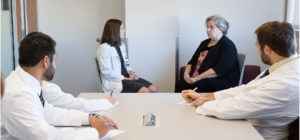
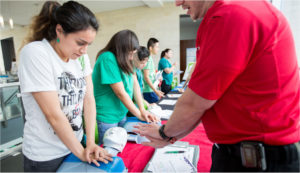

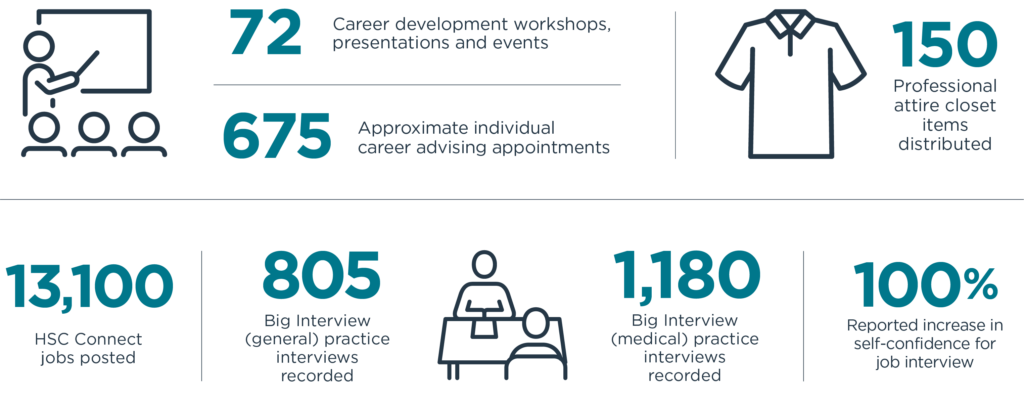
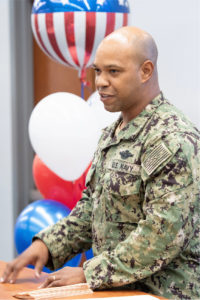
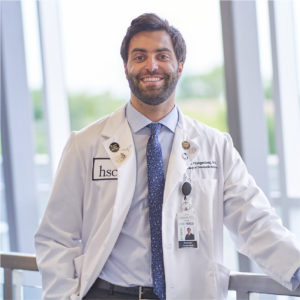

Social media